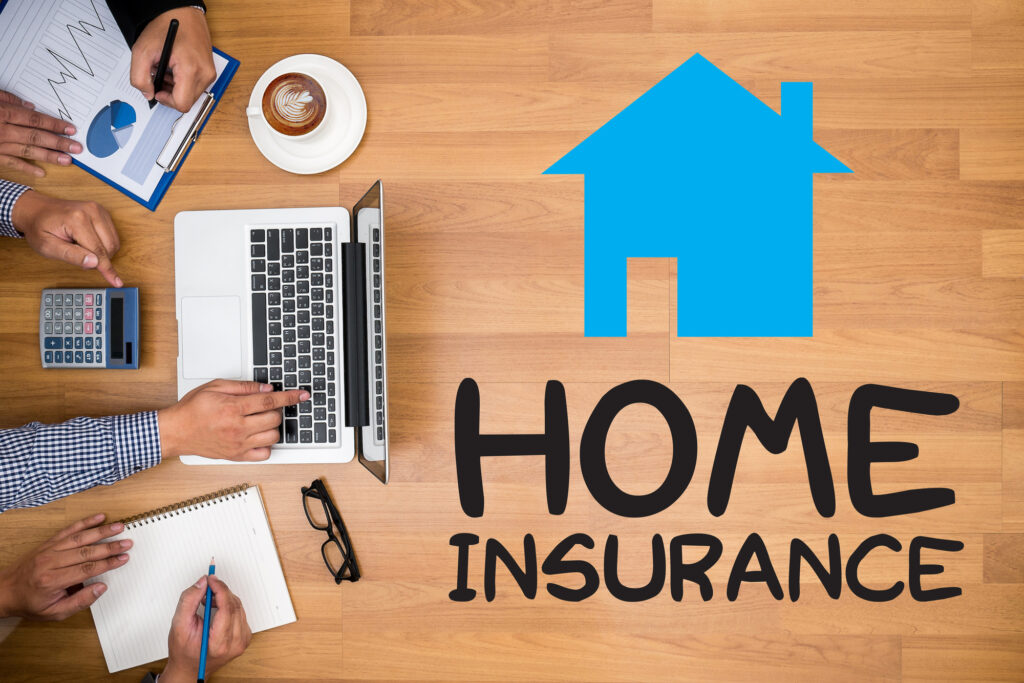Hazard Insurance vs Homeowners Insurance: Is There a Difference?
Do you worry about keeping your family safe? If so, you’re not alone.
Accidents and disasters happen every day. Even at home. That’s why it’s important to know that you have the insurance coverage necessary to protect your possessions regardless of what life throws at you.
It’s also important to understand the difference between hazard insurance vs homeowners insurance. If this terminology sounds like Greek to you, you’ve come to the right place for help.
This article takes a look at homeowners insurance vs hazard insurance so that you can make sure you have the coverage you need when disaster strikes. Keep reading to get the inside scoop.
Understanding Homeowners Insurance
First and foremost, you need to understand the basics of homeowners insurance. Simply put, this is coverage for your home, including your personal property and combined assets.
Having adequate coverage is crucial in the event that your home is burglarized, your property is damaged, or you are sued because of an accident that occurs on your property.
Believe it or not, there are actually 8 types of homeowners coverage, which vary in terms of property types, how you’ll be reimbursed, and whether you rent or own.
These coverages include personal property coverage, loss of use coverage, dwelling coverage, medical payments coverage, and other structures coverage.
When you file a claim to cover damage or losses on your homeowner’s insurance policy, you must first pay your deductible before the insurance company covers the remaining amount.
Here’s a great resource for reducing home insurance cost.
Understanding Hazard Insurance
So what is the difference between a traditional homeowner’s policy and a hazard insurance policy? Great question. Let’s take a closer look:
In basic terms, a hazard policy is designed to cover your home against specific perils. The lender will include a “scope of coverage” requirements. This includes coverage amount requirements, deductible requirements.
There are typically two types of hazard policies. These are called “perils” and “open perils.
A perils policy protects your home and possessions against a list of perils that are listed by name in your policy. This type of policy includes damage caused by fire or smoke, hail and windstorms, vandalism or theft, damage from vehicle or aircraft, explosions, riots and civil commotion, lightning, volcanic eruption, falling object, accidental overflow of water or steam, freezing or household AC or heating systems, sudden damage from an electrical current, or by the weight of ice, sleet, or snow.
An open perils policy covers everything not listed in your perils policy, including damage caused by earth movement, power failure, war, nuclear hazard, collapse of structure, rodents and insects, and discharge or seepage of pollutants.
Choosing What You Need
Ultimately, you should consider investing in both a homeowner’s policy and a hazard policy. This will help provide peace of mind regardless of what the future holds. After all, you’ll be better off to be safe than sorry.
A Guide to Understanding the Differences Between Hazard Insurance vs Homeowners Insurance
Owning a house is a major investment. Fortunately, this guide to the differences between hazard insurance vs homeowners insurance will help you decide exactly what you need to fully protect your property against loss so that you can sleep peacefully at night.
Keep scrolling to discover more great real estate tips and advice on this blog.
